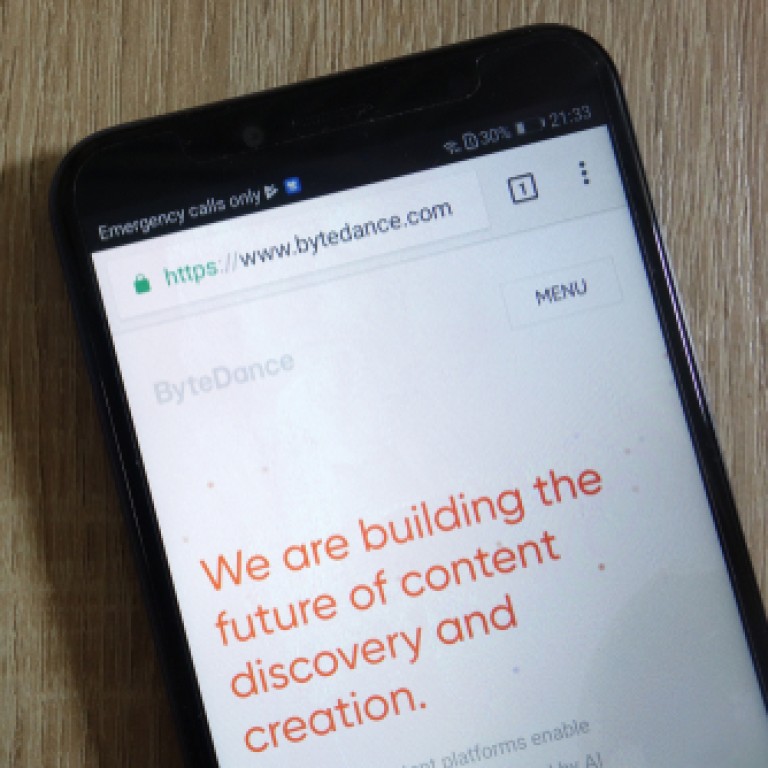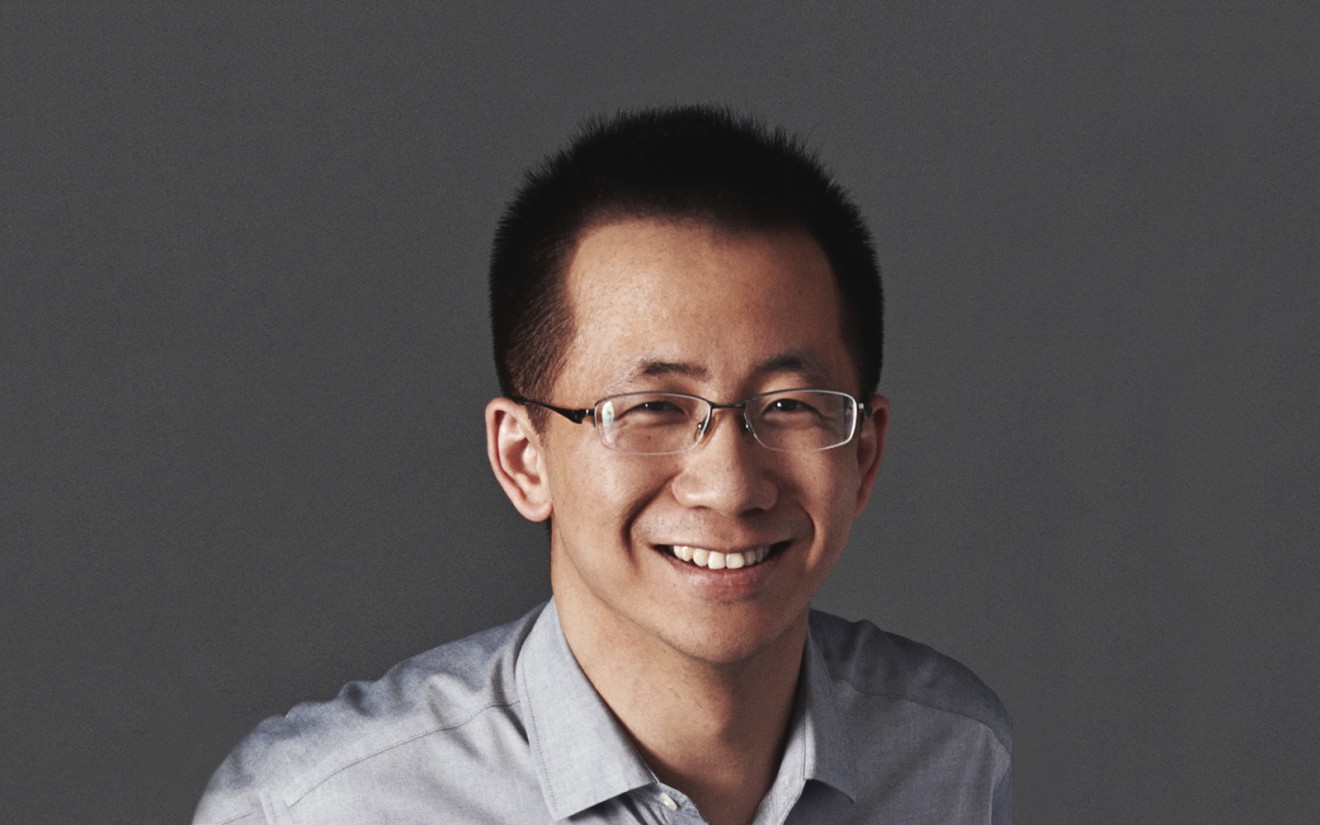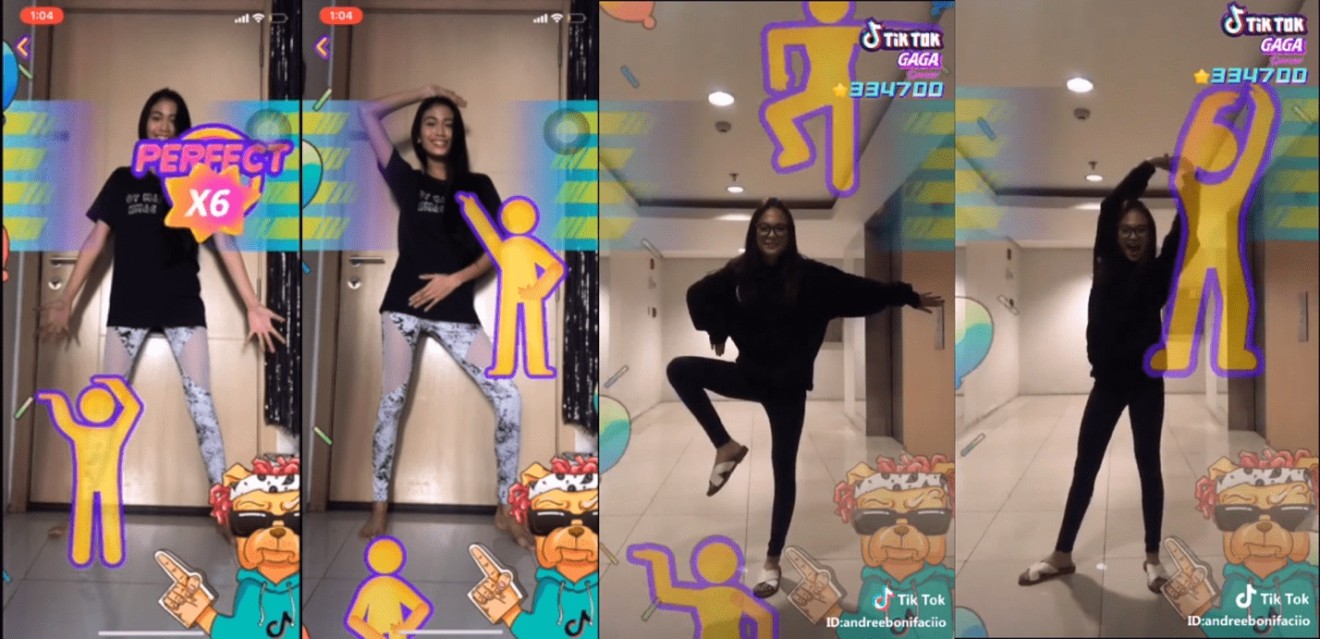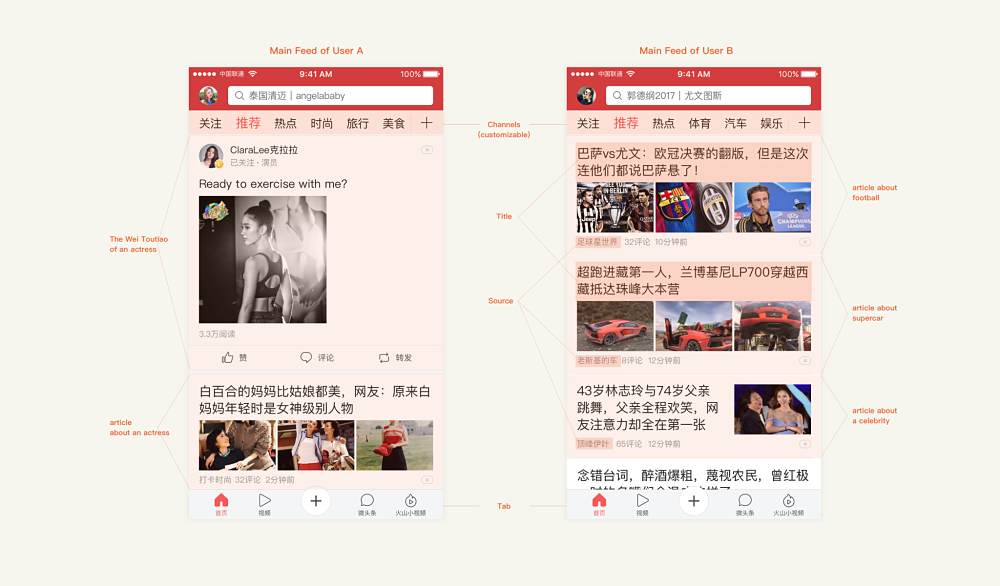
China’s viral king ByteDance is the first major Chinese tech player that made a mark on the world
From Toutiao to TikTok, ByteDance is a company that has put content at the core of its business and is serving it with the help of artificial intelligence. Even though the firm is young, ByteDance’s viral apps have irked rivals including Tencent and Facebook.
ByteDance is, in many ways, different to the classical Chinese tech giant. Unlike many local companies that looked up to the West for inspiration, ByteDance decided to export Chinese products, most notably with short videos.
But ByteDance has achieved more than that: It made Facebook copy them, after the social giant launched the short video app Lasso -- aimed at ByteDance’s TikTok.
Not bad for a company that only started up in 2012.

Around that time, ByteDance’s brain and founder Zhang Yiming noticed something. He saw that there were more and more people staring at their phones instead of reading newspapers – an observation that looks obvious now, but less so in 2012. So he created Jinri Toutiao – Today’s Headlines, an AI-powered news aggregation app that tailors articles towards individual readers, much like Facebook does with its feed.
Breaking down China's most popular news app, Toutiao
ByteDance’s news app kingdom quickly grew, first by launching TopBuzz in the US in 2015 and Helo in India in 2018. They invested in Dailyhunt in India and bought US video editing app Flipagram, as well as moving into Indonesia with BaBe and News Republic in France. They also put money into Cheetah Mobile’s live streaming app Live.me.
TikTok, the viral short video sensation, has its roots in China
At home, ByteDance wasn’t resting either. It owns local short video platforms Xigua Video (Watermelon Video) and Vigo Video (Huoshan or Volcano Video).

Pony Ma, the tycoon behind China's social media and gaming giant Tencent
Despite all its success, it has not been smooth sailing for ByteDance, at least in Chinese waters. The company has faced many crackdowns on undesirable content from Chinese regulators, with Toutiao taken offline for 24 hours for spreading pornography, and later temporarily removed from Android app stores.

This is unlikely to stem the company’s growth. In fact, ByteDance may even upend our expectations entirely. In 2018, the company set up its own AI lab with US chipmaker Intel and announced it will work on its own AI chip.
For more insights into China tech, sign up for our tech newsletters, subscribe to our Inside China Tech podcast, and download the comprehensive 2019 China Internet Report. Also roam China Tech City, an award-winning interactive digital map at our sister site Abacus.

